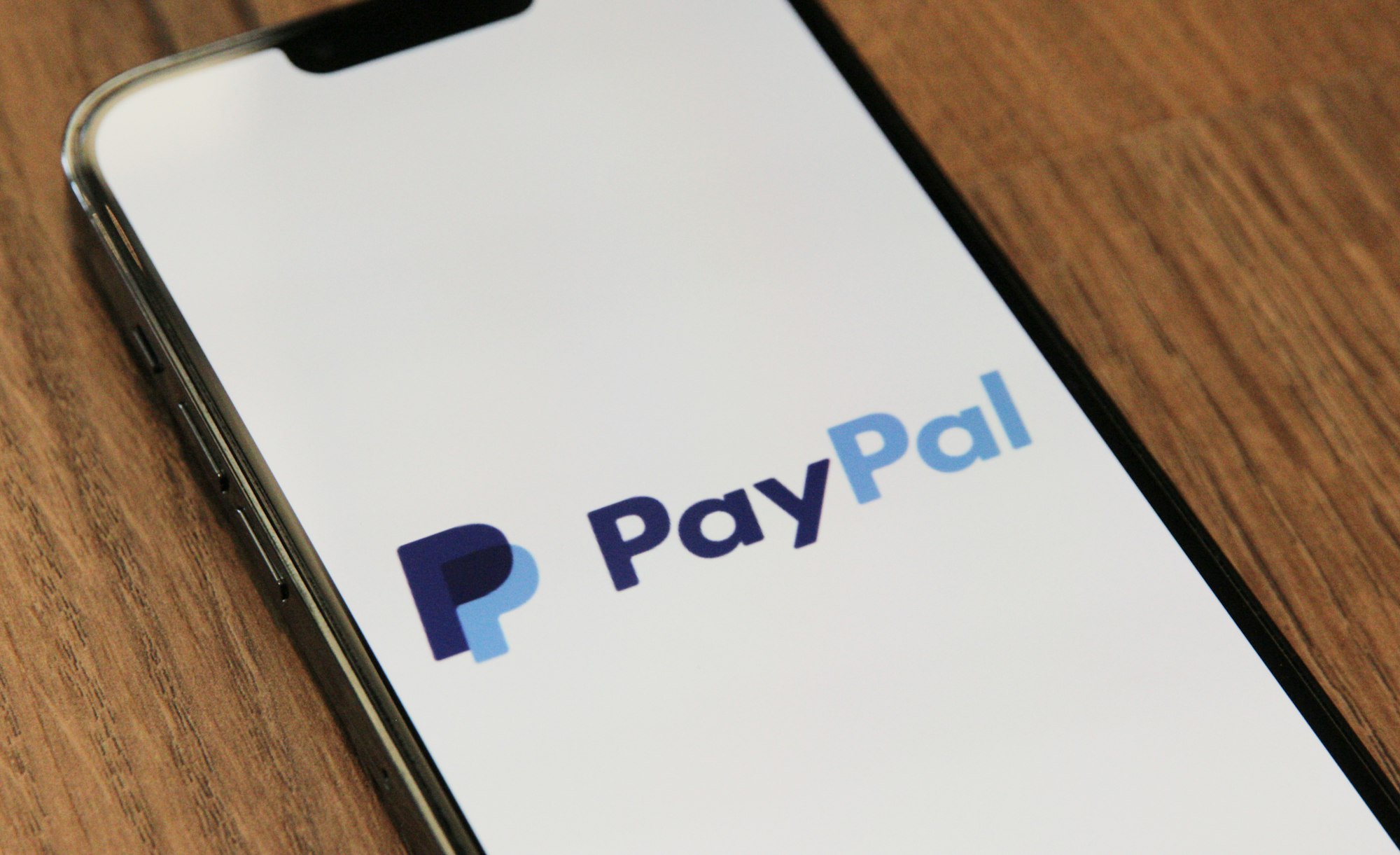🖥️
404 Media is an independent website whose work is written, reported, and owned by human journalists and whose intended audience is real people, not AI scrapers, bots, or a search algorithm. Paying supporters get access to this article. Become a paid subscriber here.
PayPal quietly opted users into sharing data with third parties for “personalized shopping experiences,” according to multiple complaints on social media and 404 Media’s own tests.
“Starting early summer 2025, we’ll be building more personal experiences for you,” PayPal says on its “Personalized shopping” settings page. “You can opt in and out of sharing at any time by adjusting this setting.”
On Monday, before I contacted PayPal for comment, the page also included a line that said "We'll use info collected about you after November 27, 2024 to personalize your shopping." As of Tuesday, that line is no longer on the page.
This post is for paid members only
Become a paid member for unlimited ad-free access to articles, bonus podcast content, and more.
Subscribe
Sign up for free access to this post
Free members get access to posts like this one along with an email round-up of our week's stories.
Subscribe
Already have an account? Sign in

